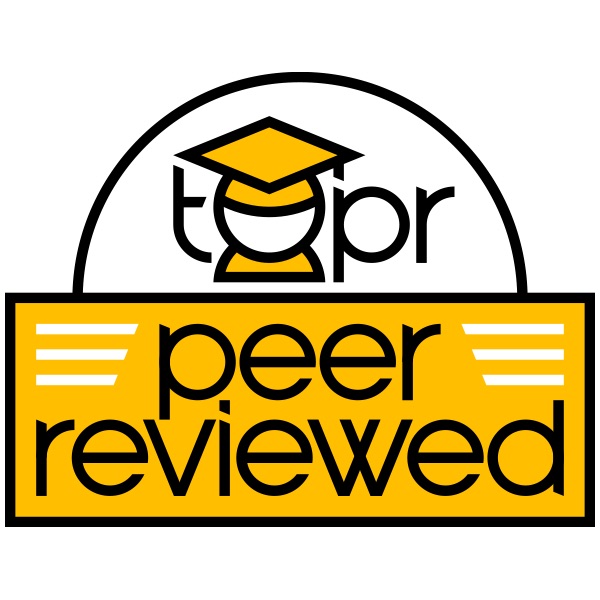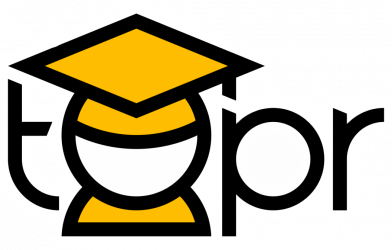Tags: Active Learning, Content, Peer-Reviewed Entry, Role Play

Description
Roleplays are an active learning technique in which students take on the roles of particular stakeholders in a situation they are learning about in order to explore a problem and consider solutions (Beckmann & Mahanty, 2016). Roleplays are commonly used in higher education to introduce students to course content in such a way that emphasizes the complexities of the issue, as they require students to identify many stakeholders and viewpoints on an issue (Davidson, 2018; Duchatelet et al., 2019). Roleplays are an opportunity for students to move beyond simple information sharing, as they provide an opportunity for deeper discussion on an issue and generation of new knowledge (Berry & Kowal, 2022).
In addition to the benefits of roleplays for aiding students in learning course content, roleplays also have benefits for students’ learning of general skills. Because roleplays require students to explore differing perspectives on an issue, they contribute to the learning of communication skills and emotional regulation skills (Beckmann & Mahanty, 2016; Davidson, 2018; Nair, 2019). Roleplays provide students a safe environment in which to experience emotions and perspectives that may come up in their real-life working environment in the future (Nair, 2019).
Much research on roleplays has focused on the way in which they can be used in in-person teaching and learning settings. In the following section, I explain how I have adapted the roleplay tool to asynchronous online courses, via having my students write scripts. In these scripts, individual students decide upon relevant stakeholders in an issue and consider ways in which these stakeholders may address a problem, much as they would while working with their peers in an in-person class via a roleplay.
The practice of utilizing a script in an online environment in order to accomplish benefits that come with roleplay is supported by research on reflective learning. In a study of social work students, Jones and Conner (2020) found that roleplays, combined with written reflections, support students’ development in their field of study, through aiding them in linking new knowledge to prior experiences in the field. As such, my script roleplay activity incorporates a reflection at the end, so that students can consider how they’ve used the tool for their own learning.
Link to Example artifact(s)
I have utilized this strategy in many sociology courses. The assignment I will describe here pertains to a unit on age in an Introduction to Sociology course, in which students are presented with required readings in the form of research articles that highlight social and environmental factors that shape teens’ ability to demonstrate rationality and responsibility, and which critique a purely age-based explanation of behavior. After reviewing these articles, students are presented with a news report in which panelists fixate on age-based explanations of behavior.
In my in-person courses, I ask students in groups of approximately half a dozen people to construct a mock news report in response to the one provided, in which they take on the roles of relevant stakeholders (e.g., news reporters, researchers, teenagers) to critique the content presented and share evidence from the research articles. I translate this assignment into my fully online and asynchronous courses via asking students to write out a full script for a mock news report. While the fully online students are not working directly with others on the project, they nevertheless have the ability to explore differing questions and perspectives on the issue, through incorporating multiple characters into their scripts. The script assignment concludes with a short reflection, in which students consider the importance of and challenges of writing or speaking about academic content to a general audience.
Here are the following documents (click on the links to view): the full assignment prompt; a worksheet that aids instructors and students in preparing to write a scenario, as well as in reflecting on the learning process; and one student’s assignment as an example of a finished product.
The example I provided from my class was a mock news report to discuss concepts in my discipline of sociology, but other instructors could modify the format of this strategy as needed to encompass content or skills pertinent to their courses. Different expectations for the script format could engage students in a variety of issues, controversies, or career development needs. For example, the instructor could provide instruction in building scripts that engage students in the content and communication methods a professional in their field would need to use with a client, or the way experts in the field would go about problem solving with colleagues. Instructors in language fields could use a script format to help students in practicing conversational skills and vocabulary. Furthermore, a script format would support students in preparing for a test, as this method requires them to discuss course content using their own speaking voice (i.e., paraphrasing as a learning aid); in addition, a script format provides an opportunity for students to practice asking and answering questions (e.g., with an “interviewer” or similar character).
Because of the degree to which a script assignment can be tailored to an instructor’s course context and learning goals, this strategy can be utilized in a variety of academic fields and course topics. In addition, instructors can freely select the material of their choice for students to use as evidence when constructing scripts (e.g., textbooks, journal articles, novels, lecture notes, etc.).
Finally, instructors may choose to build upon my examples to construct a script activity that is interactive. Such an activity could utilize discussion forums, shared documents, wikis, or similar collaborative course tools to enable students to interact directly with one another (much as they would in an in-person roleplay), through writing responses in these spaces from the perspective of a particular roleplay character. Such an interactive online roleplay would especially suit courses in which students go in depth over a longer period of time about one cohesive topic. Research on Reacting to the Past, an interactive historical roleplay series in which students can spend weeks engaging with one another from the perspective of past stakeholders in a particular controversy, suggests that such intensive interaction maximizes both student engagement and student learning (Bledsoe and Richardson, 2022).
Link to scholarly reference(s)
Beckmann, E. A., & Mahanty, S. (2016). The evolution and evaluation of an online role play through design-based research. Australasian Journal of Educational Technology, 32(5).
Berry, L. A., & Kowal, K. B. (2022). Effect of role-play in online discussions on student engagement and critical thinking. Online Learning, 26(3).
Bledsoe, R. S., & Richardson, D. S. (2022). Impact of Reacting to the Past and effect of role on student attributes and academic outcomes. International Journal of Teaching and Learning in Higher Education, 33(3), 361-373.
Davidson, S. (2018). Artistic classroom activities: what skills can students learn? Journal for Learning through the Arts, 14(1).
Duchatelet, D., Gijbels, D., Bursens, P., Donche, V., & Spooren, P. (2019). Looking at role-play simulations of political decision-making in higher education through a contextual lens: A state-of-the-art. Educational Research Review, 27, 126-139.
Jones, V. N., & Conner, L. R. (2020). Measuring social work students reflective learning through role-play and writing. Social Work Education, 40(7), 861-871.
Nair, B. T. 2019. Role play – An effective tool to teach communication skills in pediatrics to medical undergraduates. Journal of Education and Health Promotion, 8.
Citation
Davidson, S. (2023). Bringing Roleplays into the Online Course Environment by Writing Scripts. In deNoyelles, A., Bauer, S., & Wyatt, S. (Eds.), Teaching Online Pedagogical Repository. Orlando, FL: University of Central Florida Center for Distributed Learning.

